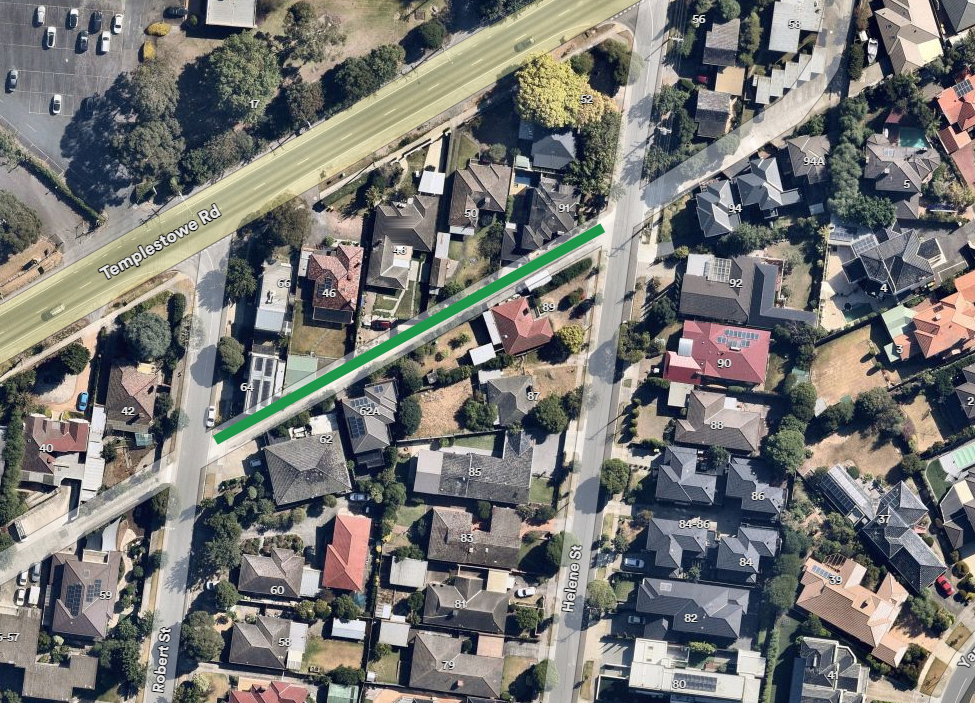Despite more women training to become GPs than men, Australia’s female GPs still get a raw deal when it comes to pay and basic entitlements like paid parental and study leave, says the Royal Australian College of GPs (RACGP).
Australia’s largest peak body for GPs, the RACGP is calling for equity for GP women and those who identify on International Women’s Day on March 8, 2024.
“On this International Women’s Day, I’m asking the government to get behind Australia’s women GPs, who make a huge contribution to the health of their communities across the nation and make changes needed for equality – for GPs and our patients too,” she said.
“Today, more women are choosing to specialise in general practice than men, and this is a wonderful achievement. Our 2023 Health of the Nation report showed women make up 61% of GPs in training, while men made up 39%.
“However, we know GP registrars experience an initial drop in salary and loss of entitlements when they leave hospital settings to work in community general practice – this pay gap is felt most acutely by women, and the RACGP is calling on the government to address it.
“We need to fix this disparity so Australia’s female GPs in training are not being paid less than other medical registrars. That’s why the RACGP has called for funding in the next Federal Budget to provide an incentive payment, study and parental leave for GP registrars. We need to make sure women can continue to choose to be specialist general practitioners without fuelling the gender pay divide.
“We also know women GPs spend more time with their patients and do more longer consultations for mental health and other complex issues. Nearly 8 in 10 female GPs reported mental health in their top reasons for patient consults, compared to six in 10 male GPs in the 2023 Health of the Nation survey.
“This is a pay equity problem because the Medicare subsidy for patients gets smaller the longer their GP spends with them, so women GPs who do more longer consultations are being unfairly penalised, as are their patients.
“Again, we need to address this disparity. Women GPs should not be disadvantaged for spending the time they need with their patients. Australia is grappling with an epidemic of chronic disease and mental health issues, which require longer consultations for complex, ongoing care – this trend is not going away.
“We’re calling for a 20% increase in patients Medicare subsidies for longer consultations and mental health, to improve access to affordable care for Australians. This will help to improve equality for women GPs and the patients they care for across the country.”
~







